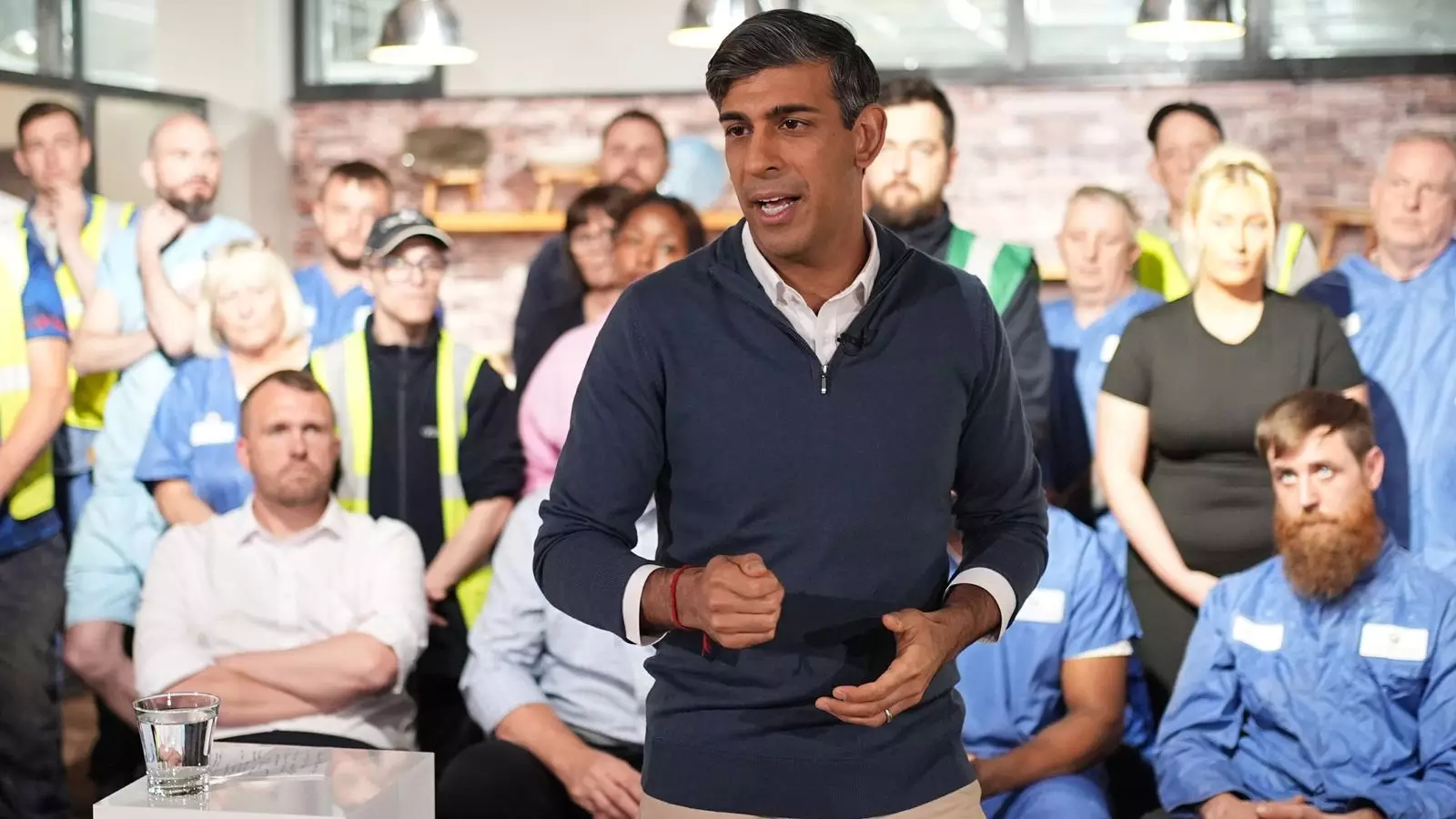Rishi Sunak’s proposal for national service has sparked a heated debate among politicians and the public. The plan, aimed at 18-year-olds, offers them the choice of either a 12-month full-time military placement or a weekend volunteering scheme over the course of a year. Sunak argues that this initiative would keep young people out of trouble and provide them with valuable skills and opportunities.
However, the proposal has faced backlash from some Tory ministers, including Northern Ireland minister Steve Baker, who criticized the sudden announcement of the policy. Questions have been raised regarding the practicality of the plan and whether parents or children who refuse to participate will face penalties. The policy, costing £2.5bn, has also been met with ridicule and skepticism from political opponents and some members of Sunak’s own party.
Concerns have been raised about how the national service plan would be enforced and what penalties would be imposed on those who do not comply. While Home Secretary James Cleverly assured that there would be no criminal sanctions or jail time for non-participation, Foreign Office minister Anne-Marie Trevelyan mentioned the possibility of fines for parents. However, conflicting statements from government officials have left the public uncertain about the consequences of non-engagement.
According to Work and Pensions Secretary Mel Stride, the final details of the national service plan will be determined by a Royal Commission, which will outline incentives for participation and potential consequences for non-compliance. The Labour Party, led by Sir Keir Starmer, has strongly opposed the proposal, likening it to a “teenage Dad’s Army” and criticizing it as a coercive measure that goes against principles of individual liberty.
Overall, Rishi Sunak’s national service plan has sparked a contentious debate within the political sphere and among the public. While the intention behind the proposal may be to provide structure and opportunities for young people, the lack of clarity regarding enforcement and potential sanctions has fueled skepticism and opposition. As the details of the plan continue to be fleshed out, it remains to be seen how it will be received by the wider population and whether it will ultimately come to fruition as envisioned by Sunak.



Leave a Reply